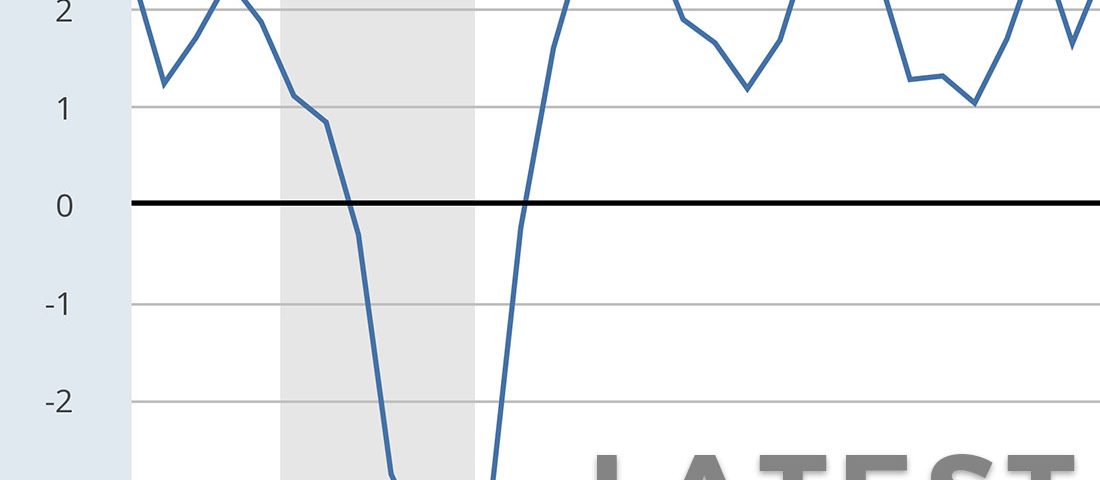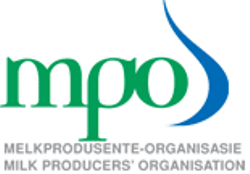
The Western Cape (WC) is a province that houses an important part of the agri-economy in South Africa. It has seen the worst of the drought on record, dam levels remain low and the province has gone as far as implementing restrictions on water usage throughout the region.
Dawie Maree, Head of Information and Marketing at FNB Agri Business takes us through four reasons why the Western Cape Agricultural sector is important to the South African economy.
1. Why do we need it to rain in the WC? – The WC is probably SA’s most important export province in terms of agricultural products. The deciduous fruit industry, wine industry and increasingly the citrus industry is also setting base in the WC, these are all key export produce that contribute significantly to the overall agri-economy in South Africa. Should any of these industries suffer, it becomes detrimental to the agricultural industry as a whole in South Africa and by extension, the local economy.
2. What is the percentage impact on GDP contribution? – The WC contributes 24% to total GDP in South Africa. Agriculture has a total contribution to the GDP of the WC of roughly 4%. But what is significant to note is that agric and agro-processing is responsible for 18% of employment opportunities in the province.
3. How has the drought impacted employment numbers in the sector?– The drought will have the biggest impact on seasonal employment in the fruit industry. Due to possible lower production, less seasonal workers might be employed, with the obvious socio-economic consequences related to a decreased number of those employed. For Q1 there were 215 000 employees in the agric sector in the WC. That is 14.2% less than in Q4 of 2016. A large percentage of these are due to seasonality – It is however 5.9% less than the same period in 2016 (228 000) – clearly a consequence of the drought. The WC has the biggest agricultural workforce in South Africa at 24.5%.
4. What is the long term impact of the drought on both WC and the country? The WC is a central agricultural exports province and the drought, if not broken soon, will definitely impact negatively on the long term economic growth for both the province and the country’s economy.
The WC has recently had some rains; however, the drought has not been broken. A major contributing factor of the drought has had a negative impact on the wheat industry, seriously hampering supply, with the knock-on effect on wheat prices and possibly the bread price. Although SA is a net importer of wheat, this might mean that we will have to import even more wheat than we normally do. Some of the losses in wheat production might be offset by increasing production in the Free State and Northern Cape.
“We must keep in mind that although agric only makes up around 4% of the sector when compared to other industries, the majority of agric’s production, in access of 70%, gets used by the manufacturing industry and the Western Cape is an key contributor to this. Should agric suffer; the whole value-chain will suffer” concludes Maree. ENDS
For media queries, contact:
FNB Corporate Communications
Themba Msimango: Themba.Msimango@fnb.co.za or 087 736 9267
Published on Wednesday, 28th June 2017 - 23:46
Recent Posts
disclaimer









